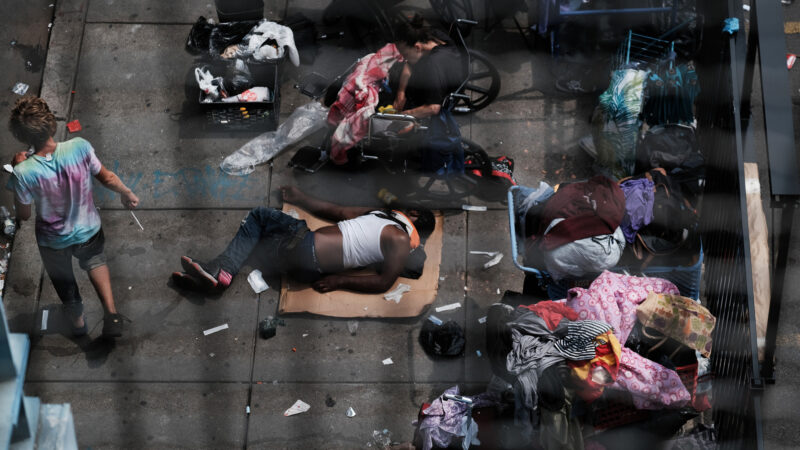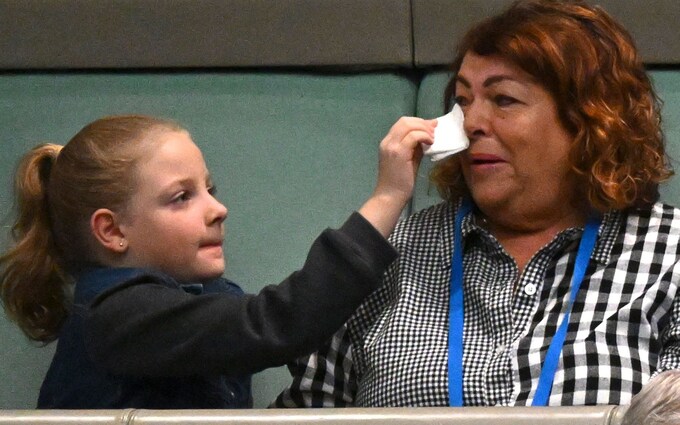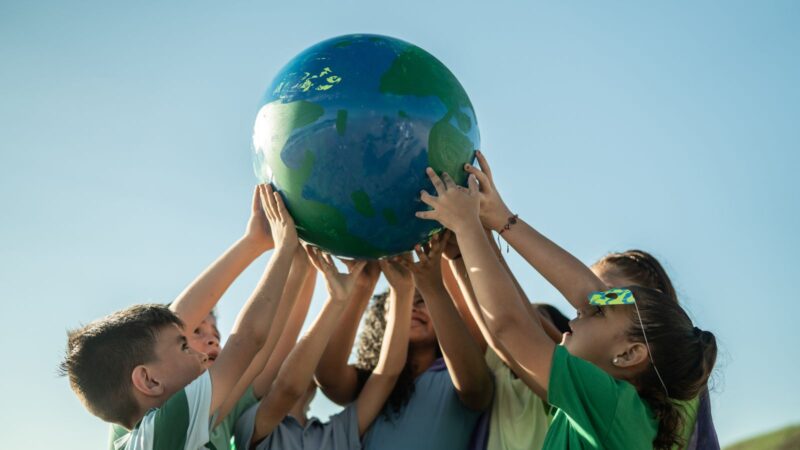Australia Says Sorry: Thalidomide Survivors Finally Get Apology

Australia’s Prime Minister said sorry to the thalidomide survivors mess and their families. This issue started over 60 years ago when a drug for morning sickness caused birth defects in babies worldwide.
Anthony Albanese, addressing the parliament, called it one of the worst parts of Australia’s medical history. This is the first time the government has admitted its part in this disaster.
He said sorry to the survivors, acknowledging the pain they face every day because of thalidomide. He spoke directly to survivors and families present in the parliament, saying, “We are sorry. We are more sorry than we can say.”

How Many People Were Affected?
It’s not clear how many people in Australia were impacted, but since 2020, more than 140 survivors have signed up for a support program.
A report from 2019 found that 20% of thalidomide cases in Australia could have been prevented if action had been taken earlier by the authorities.
What Survivors Feel
Trish Jackson, 61, a survivor, talked to the BBC. She hopes this apology brings some peace to families. But she also thinks this apology should have come much earlier when parents and even some survivors were alive to hear it.
The Thalidomide Story
Thalidomide was first made in Germany in the 1950s as a sedative but became popular worldwide as a morning sickness drug.
As its use increased, so did reports of babies born with serious limb defects.
In 1961, an Australian report in The Lancet medical journal alerted the world about the dangers of thalidomide, leading to its removal from the market. By then, about 10,000 babies globally were born with disabilities because of the drug.
Fight for Recognition and Compensation
For years, survivors fought for acknowledgment and compensation. Canada started offering financial help to survivors in 1991, and the UK issued a national apology in 2010.
But it wasn’t until a significant Senate inquiry in 2019 that Australia took steps to support survivors. They set up a financial scheme that gave a one-time payment of up to A$500,000 to survivors, followed by yearly payments ranging from A$5,000 to A$60,000.
Later on, the program stopped accepting new applications. But on Wednesday, Mr. Albanese reopened it, making sure that those who missed applying earlier wouldn’t miss out now.


